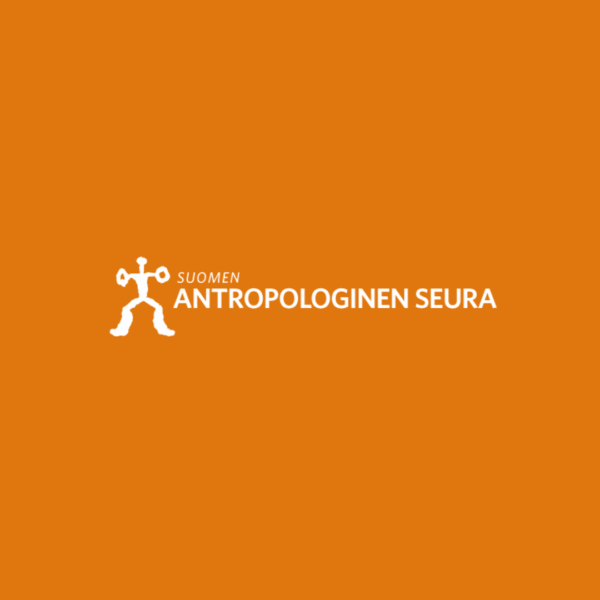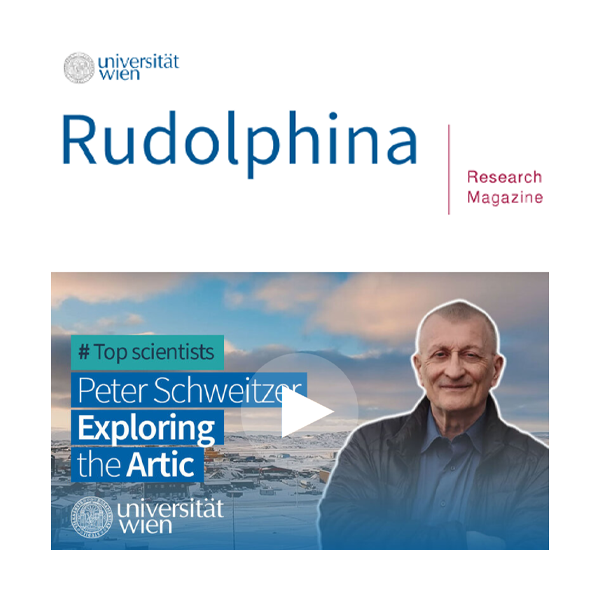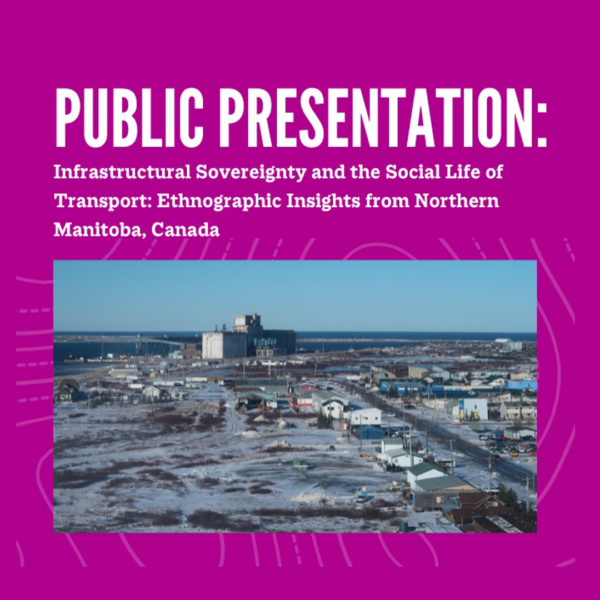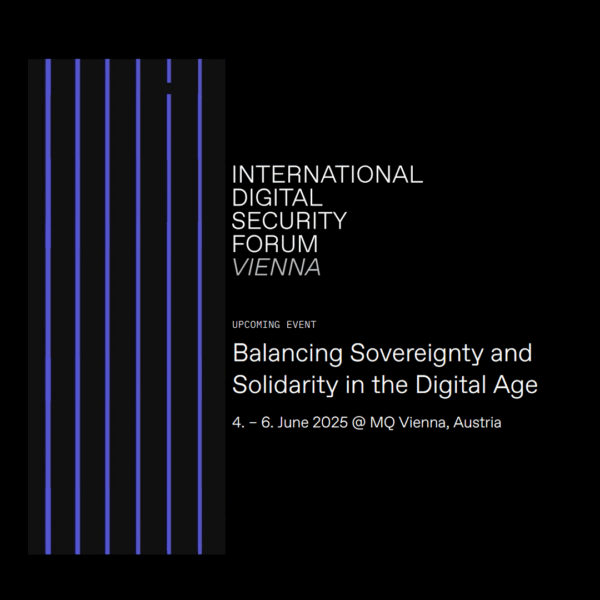March 16, 2022: Article by Peter Schweitzer & Olga Povoroznyuk in “Journal of Environmental Policy & Planning”
The town of Tiksi came into being in the 1930s, when the Soviet Union intensified its efforts to industrialize the Arctic. A critical element of that policy was to make the Northern Sea Route a viable Arctic shipping lane and Tiksi, located where the Lena River meets the Arctic Ocean, became an important transportation hub on that route. Post-Soviet transformations led to a rapid decline in population numbers and economic significance of the town, while climate change opened up new opportunities for shipping and mammoth tusk collecting. Today, the situation seems to have stabilized but the promises of a bright future pronounced in strategic papers by the government are yet to be realized. The article explores the socio-economic, infrastructural and environmental changes of recent decades in order to explore future development prospects for Tiksi. The infrastructural legacies of the Soviet past, combined with the environmental conditions of the region, result in the intertwined material dependencies of built and natural environments. Still, these material dependencies are neither straitjackets nor unchangeable. It is the interplay between global climate change, national policies, and local initiative that will challenge the material dependencies of the past and present.
Published in Journal of Environmental Policy & Planning, March 16, 2022
Article as PDF

News
Jun 2025: Article by Jolynna Sinanan, Ria-Maria Adams & Philipp Budka in “Visual Anthropology”
The peer-reviewed academic journal Visual Anthropology has just published the article “Framing Multipolar Tourism: Imaginaries, Visualities and Futures,” written jointly by Jolynna Sinanan (University of Manchester) and InfraNorth researchers Ria-Maria Adams and Philipp Budka. The article examines multipolar iconography and how imaginaries of remote, climate-vulnerable places have materialized through improved transport, enhanced accommodation facilities, […]


News
Apr 16, 2025: Rudolphina Magazine Features Research by Peter Schweitzer
The University of Vienna’s research magazine, Rudolphina, recently featured Peter Schweitzer, principal investigator of InfraNorth, and his long-standing anthropological engagement with Arctic communities. Schweitzer’s research focuses on issues related to the built environment, mobility, remoteness, and the social impacts of climate change on community life in the Arctic. The article, which includes a video interview […]

Event
Apr 16, 2025: Presentation by Philipp Budka at the Manitoba Museum
InfraNorth team member Philipp Budka will deliver a public presentation of his research titled “Infrastructural Sovereignty and the Social Life of Transport: Ethnographic Insights from Northern Manitoba, Canada” on Wednesday, April 16, from 12:00 to 1:00 PM (GMT-5) at the Manitoba Museum Auditorium in Winnipeg, Canada. Churchill, Manitoba—a remote Subarctic town of approximately 870 residents—offers […]





